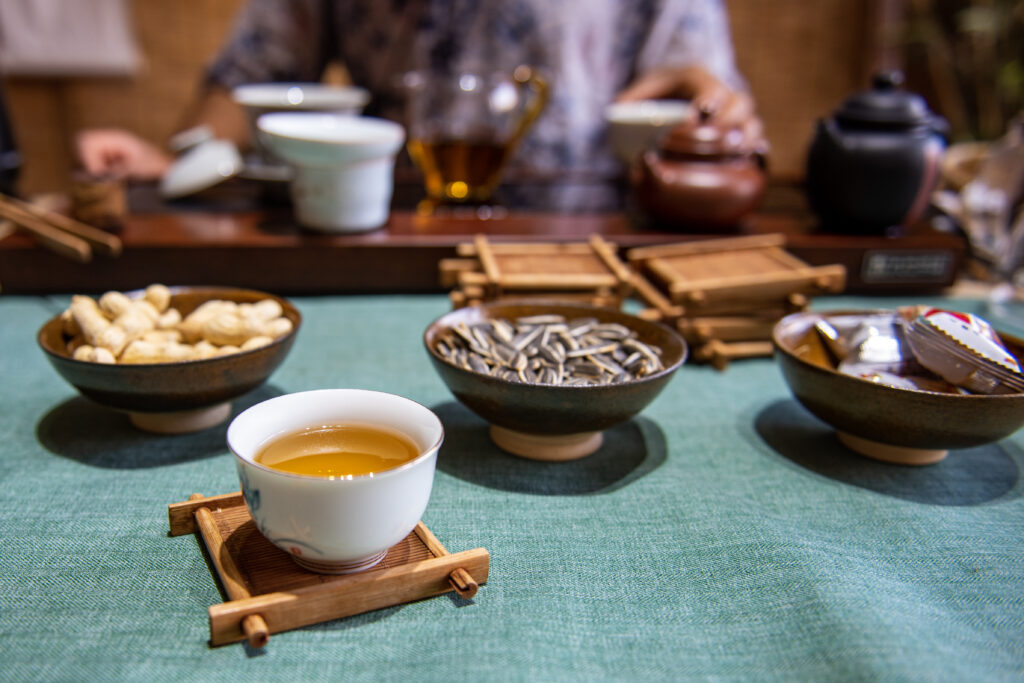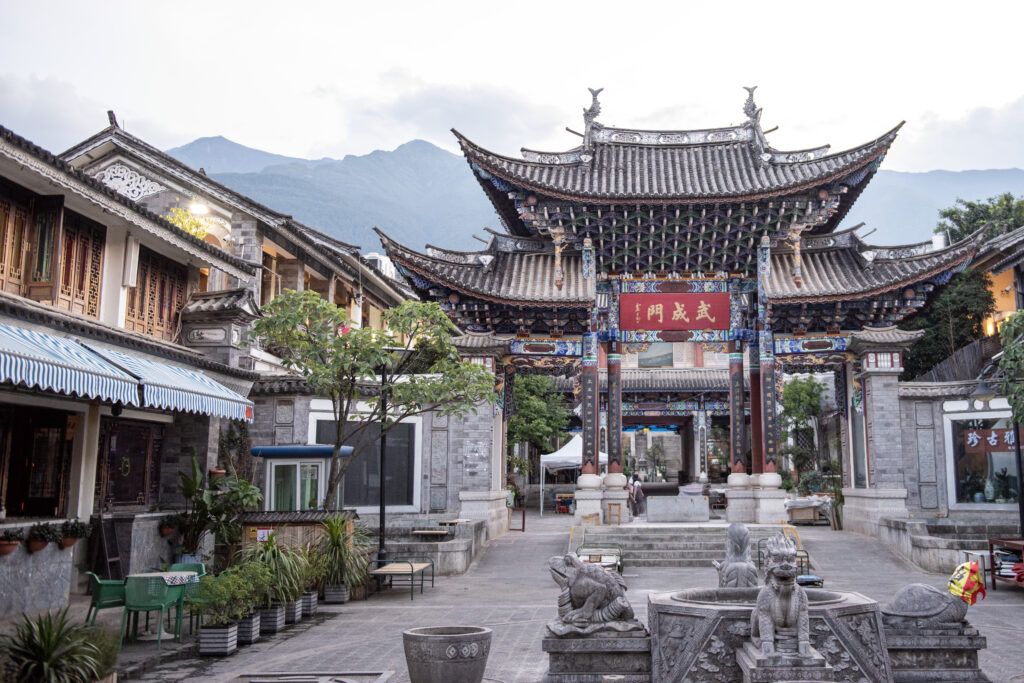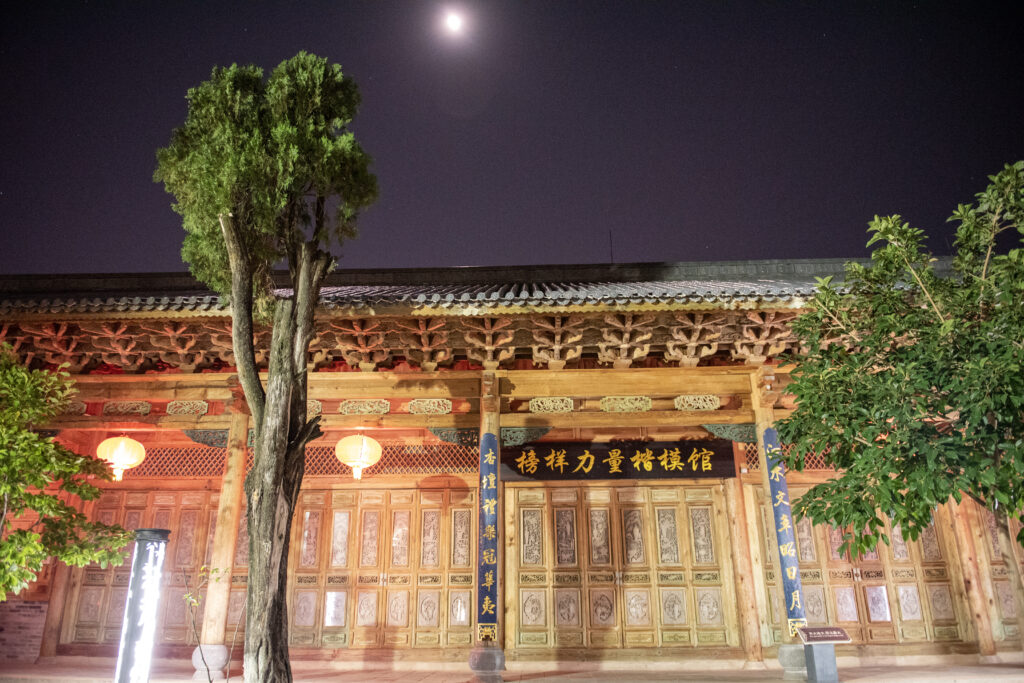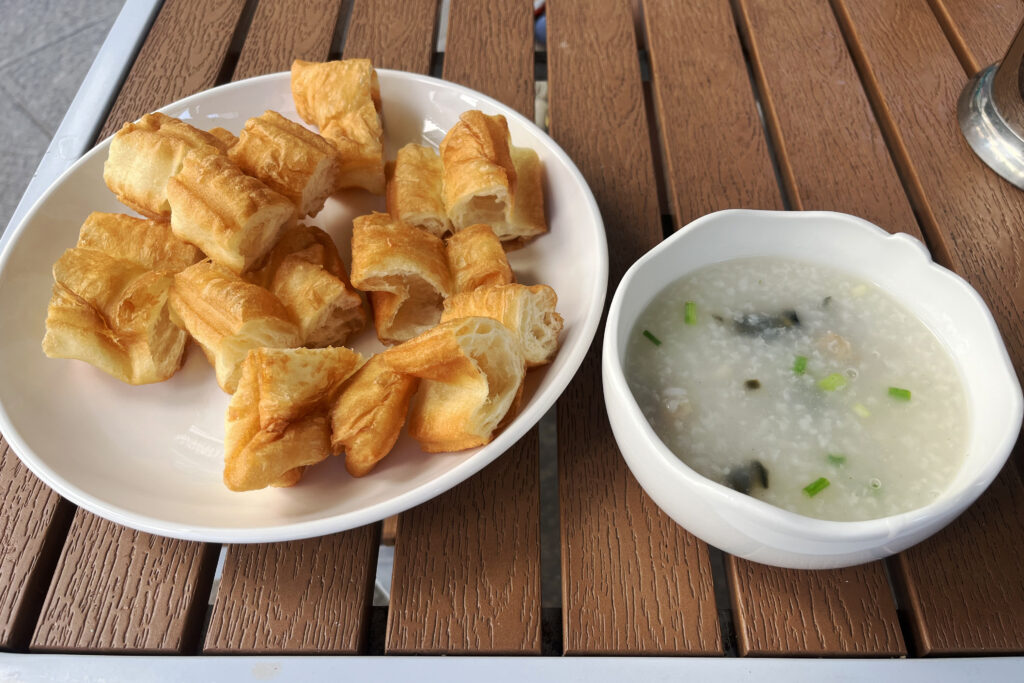June 1, 2023
Mandarin Immersion (Part 18)
By Simon J. Lau


Yunnan is renowned, along with Fujian, as one of the two provinces celebrated for their teas throughout China. Yesterday, I had the pleasure of sampling teas at a popular tea house, guided by my host. She and her extended family have been immersed in the tea trade and tea house culture for generations.
In addition to enjoying teas, our conversations delved into the lives of ethnic minorities in China. Despite her hukou officially identifying her as Han Chinese, my host confided that she is of mixed race. Yunnan’s rich ethnic diversity means many residents, even those classified as Han Chinese, have mixed-race origins. My host’s husband, on the other hand, belongs to the Bai ethnic minority, a significant cultural presence in the region. Interestingly, their child’s hukou identifies him as a member of the Bai ethnic group.
China officially recognizes 55 ethnic minorities, collectively constituting less than 10% of the total population. Minority status affords individuals access to various forms of affirmative action, including easier access to higher education, employment opportunities, and other benefits. As a result, legitimate claims to minority status are highly valued and sought after in China.



Later in the day, I explored Dali’s old town. One interesting feature is the city’s intact ancient wall. Most ancient Chinese cities had fortified city walls. However, during Mao’s Cultural Revolution, many of these walls (and other ancient artifacts) were destroyed.
This was part of Mao’s campaign to destroy the “Four Olds”. This included old ideas, old culture, old customs, and old habits, in an attempt to rid the country of anti-proletarian features. Besides the terrible social costs, China lost many significant cultural artifacts in the process.

Finally, I was able to enjoy a proper Chinese breakfast at my hotel. It was good! I also had the added benefit that when I arrived, there were already guests there (the Chinese have communal seating arrangements). I interrupted their silence to engage in conversation. 😅




Comments are closed.